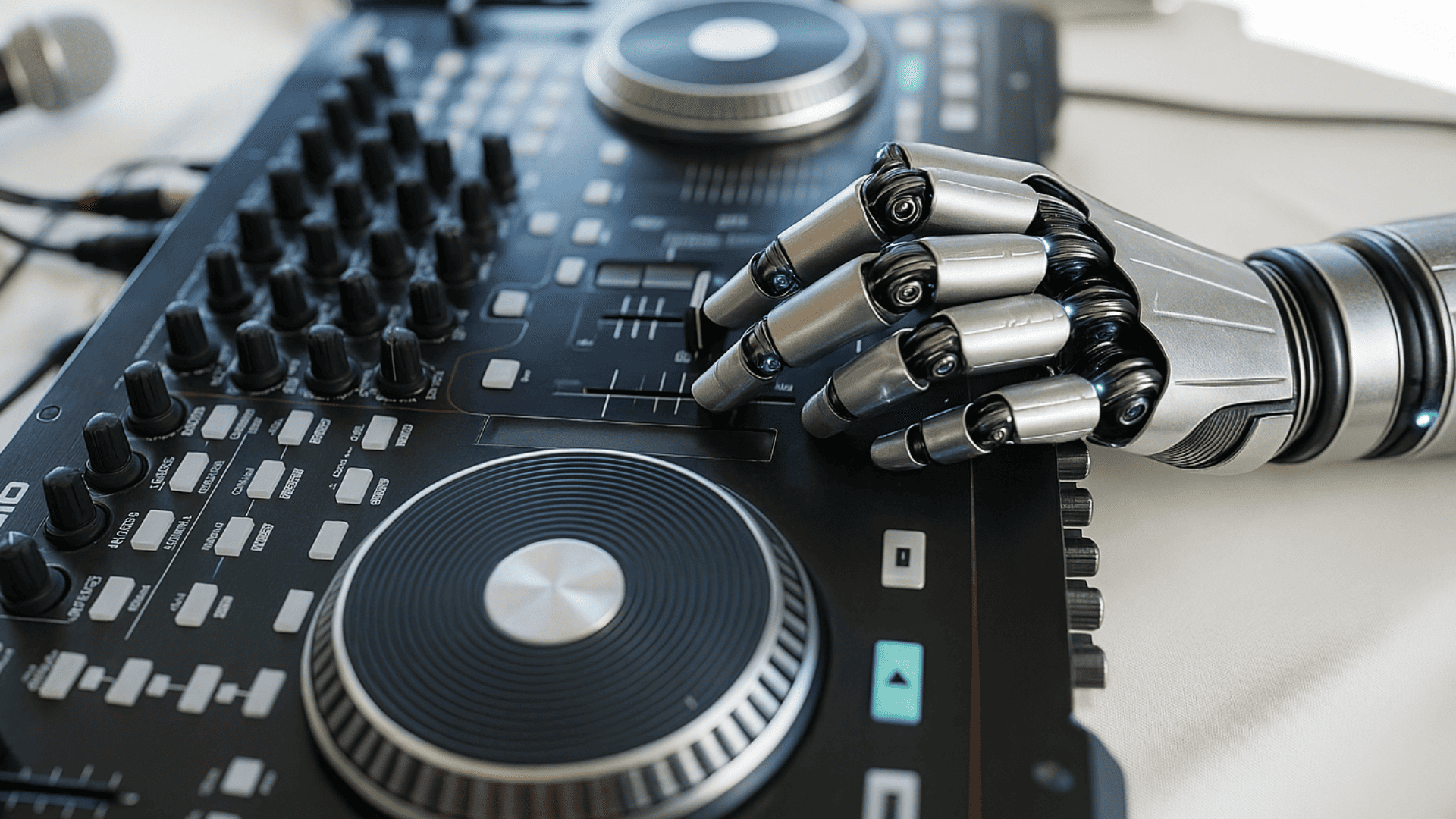A new study from French streaming platform Deezer and research firm Ipsos has revealed that 97% of people are unable to distinguish between music made by artificial intelligence and human artists. The research, described as the “first of its kind,” surveyed around 9,000 participants from eight countries worldwide.
How the Study Worked
Participants were asked to listen to three different tracks and identify which one they believed was created entirely by AI. According to Deezer, nearly all respondents failed the test, with 97% unable to correctly tell the difference. More than half of those surveyed (52%) said they felt “uncomfortable” realizing they couldn’t distinguish between the two, while 71% admitted to being shocked by the outcome.
Public Reactions and Attitudes
Despite widespread uncertainty, many listeners expressed interest in the technology. 55% said they felt “curious” about AI-generated music, and 66% said they would listen to a fully AI-created track at least once out of curiosity. However, only 19% said they trusted AI, while 51% voiced concern that AI-made music could sound “generic” or lead to lower quality production overall.
Industry Concerns
Deezer CEO Alexis Lanternier commented on the results, noting that the findings show listeners value transparency. “People care about music and want to know if they’re listening to AI or human-made tracks,” he said. Lanternier added that there are growing concerns about how AI could impact the livelihoods of artists and how companies are using copyrighted material to train AI models.
Deezer’s Crackdown on AI-Generated Music
Deezer has been actively monitoring and labelling AI-generated content on its platform. In January 2025, the company reported receiving about 10,000 AI-generated tracks per day, accounting for roughly 10% of all music uploads. By September, that figure had tripled, with more than 30,000 synthetic tracks being submitted daily.
Deezer says it is currently the only major streaming platform capable of detecting and tagging 100% of AI-generated content, using its proprietary AI detection technology to help maintain transparency and protect human creativity.
Read the full study by Deezer and Ipsos here

